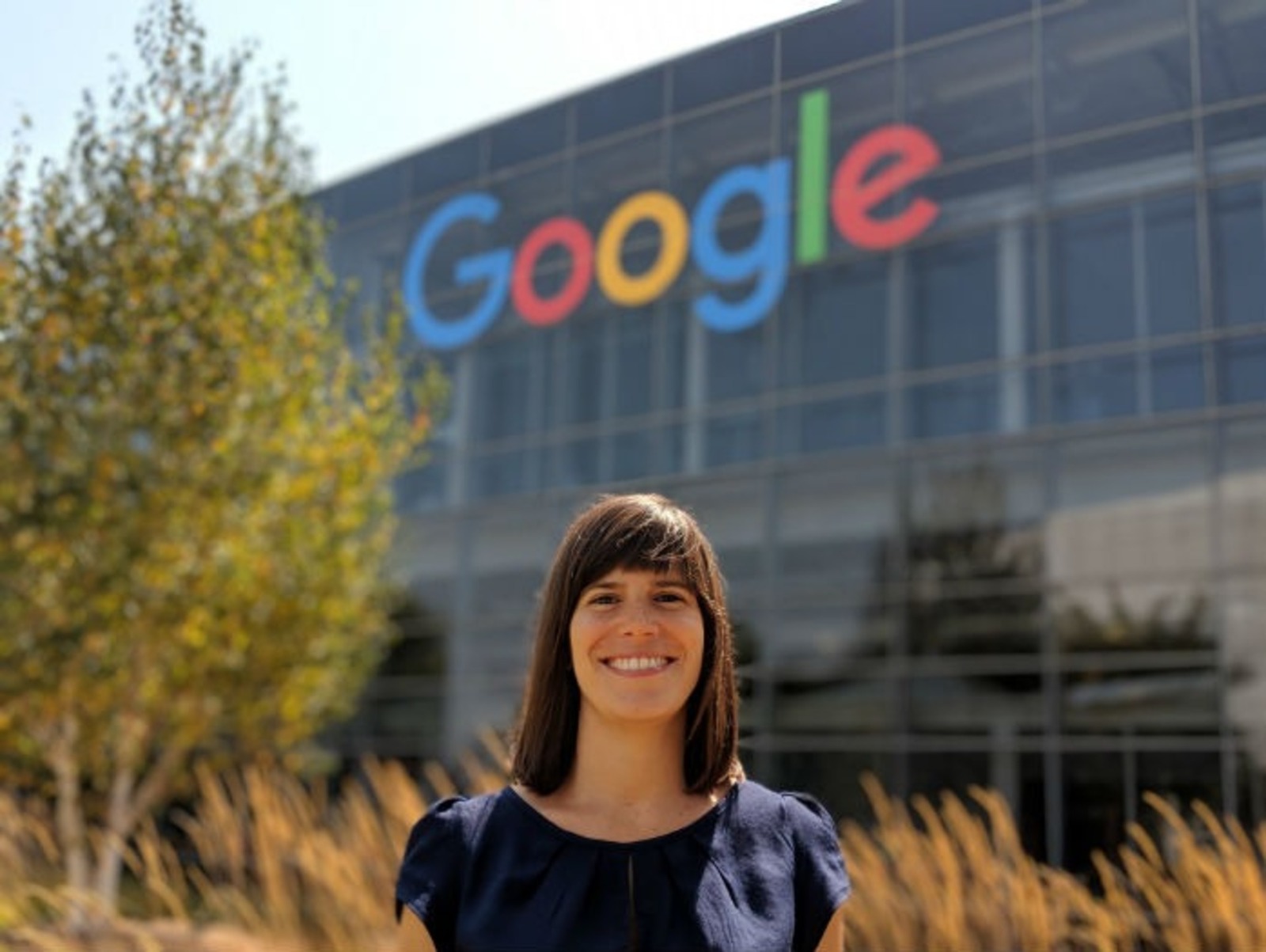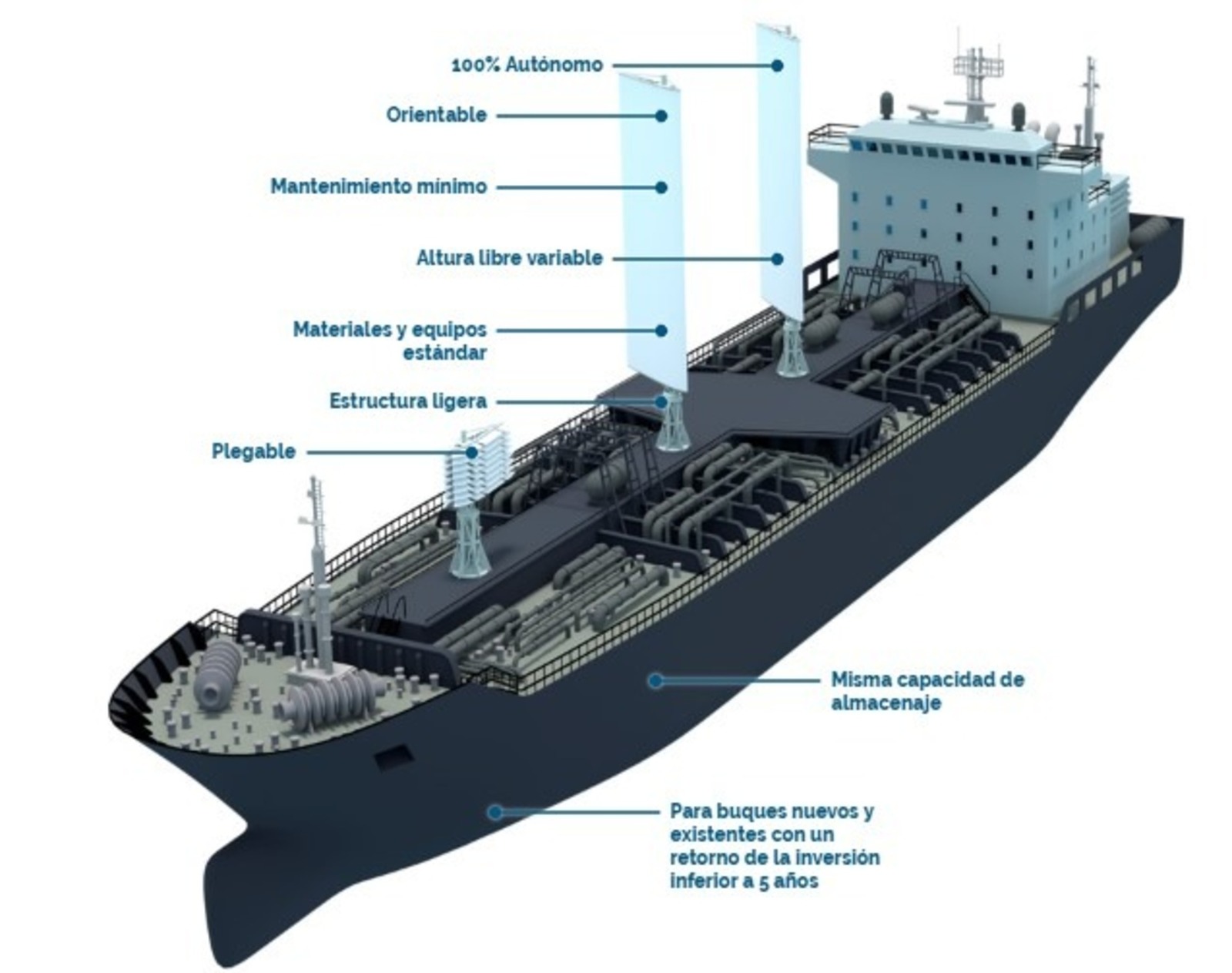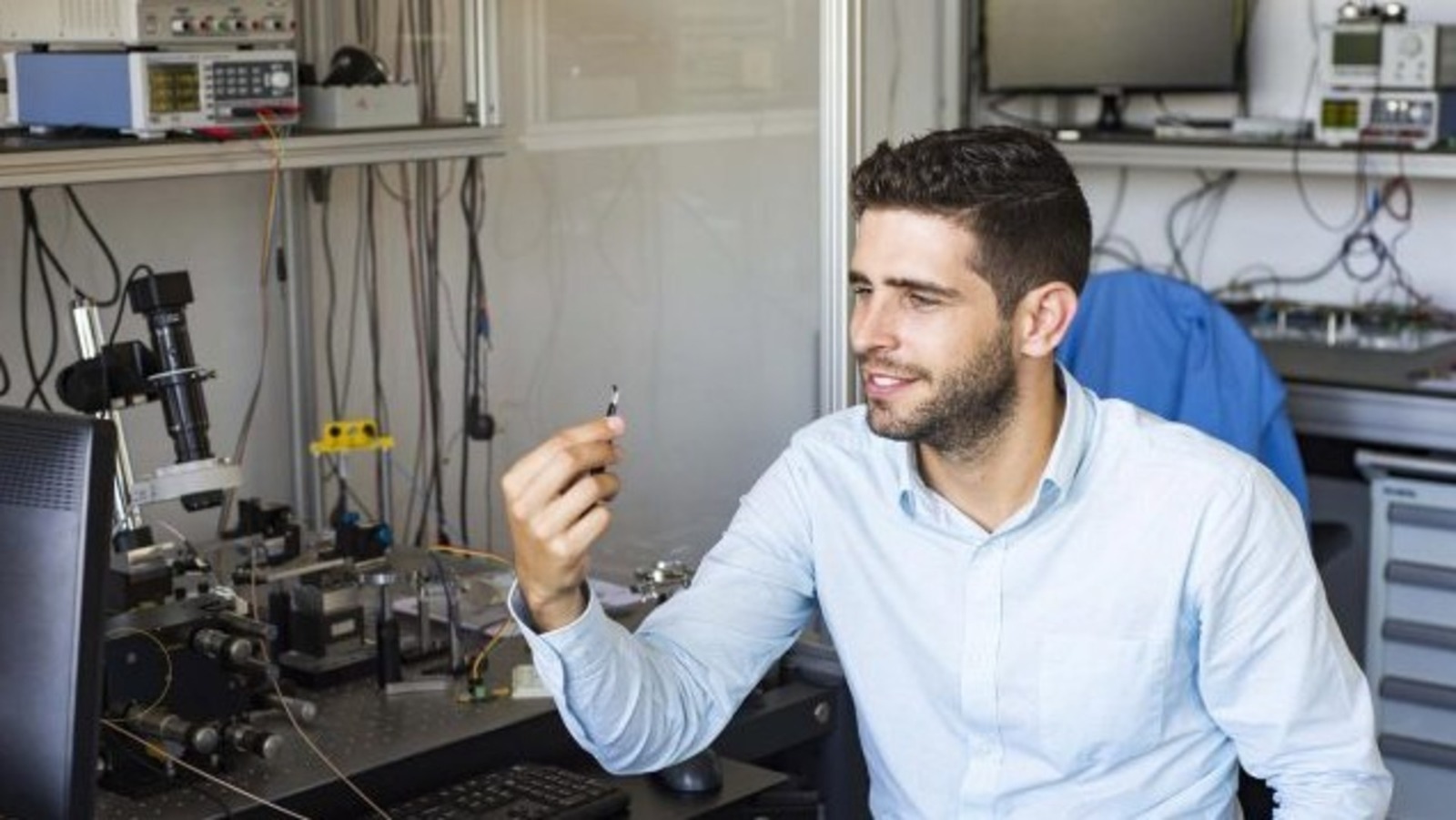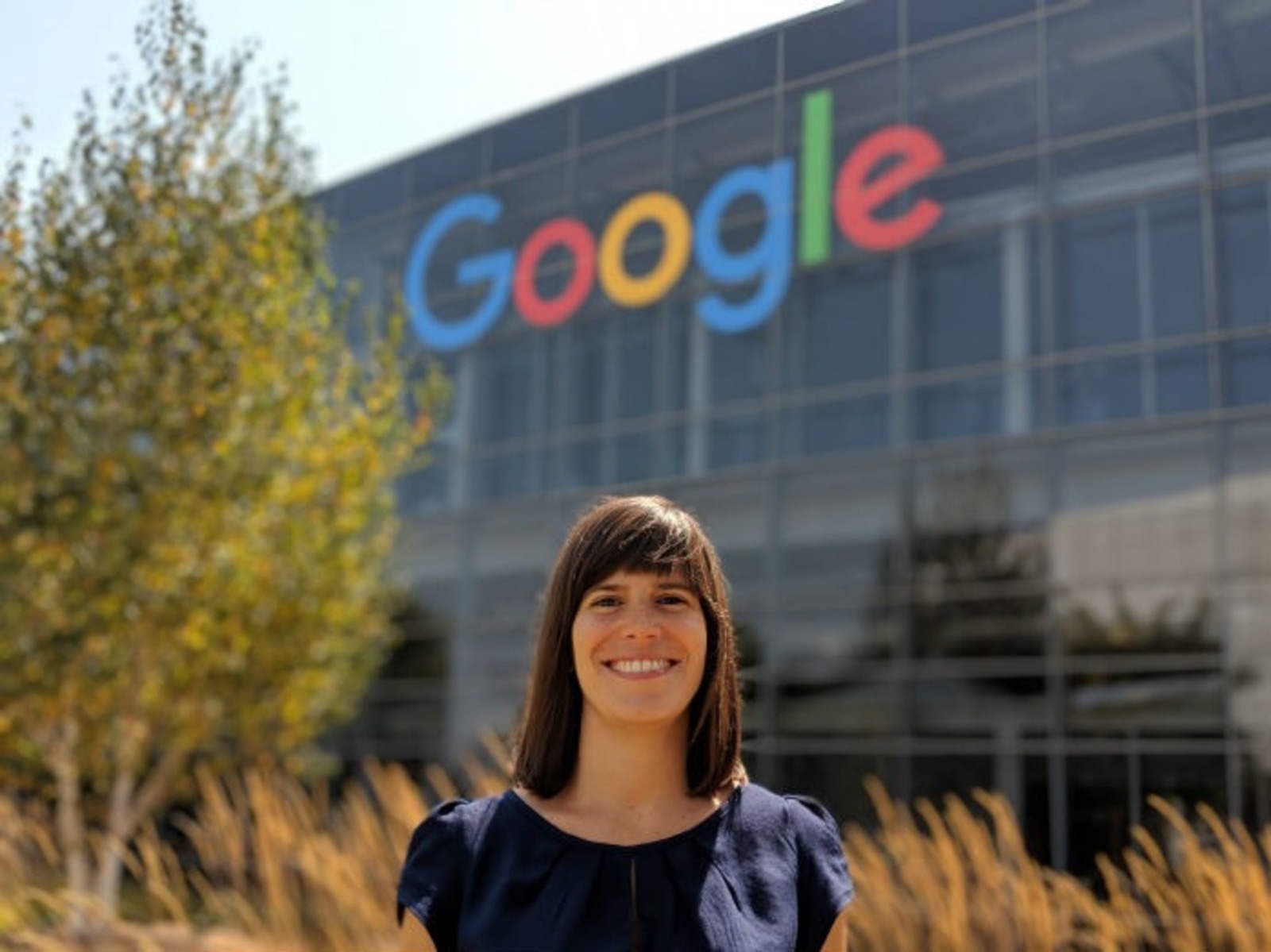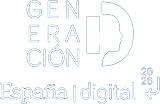15/01/2019
The prestigious Massachusetts Institute of Technology (MIT) chooses, through its magazine, a list of 35 entrepreneurs who, in its opinion, are destined to change the world. They must be under the age of 35 and bring a consumer, cybersecurity, treatment, transportation or computing approach that can save lives, move towards a more sustainable economy or push the boundaries of their field of research like never before.
Each year, the magazine publishes its list of the chosen ones and in the latest edition three Spaniards are among the 35 most promising Europeans: María García Puyol from Málaga and the Catalans Carlos Abellán and David Ferrer-Disclaux. Its merits, designing projects capable of standing out among more than a thousand applicants to be chosen among the brightest young Europeans of the past 2018.
This is the case of David Ferrer-Disclaux from Barcelona, chosen in the visionary category for his system of autonomous sails to reduce the pollution that large ships produce in the water and in the air.
Eighty percent of the world’s transport is carried out by large ships. The pollution they produce generates 60,000 cardiopulmonary and lung cancer deaths per year.
To combat its impact, Ferrer-Desclaux has worked with the bound4blue team (the company he co-founded) to create a folding rigid sail system, similar to an airplane wing, that can be positioned vertically and adapted to the requirements of ships. Its ingenious custom-made sails fold and orient themselves completely autonomously to maximize their effect at any given moment. Thanks to these features, the system can help vessels save between 10 % and 40 % of fuel. For an average ship, this represents savings of almost one million euros per year.
Also Catalan is Carlos Abellán, distinguished in the Pioneers category. His achievement: having developed a chip that guarantees communication security against quantum computers.
The young engineer realized that, in a society where billions of devices will be connected through the IoT (internet of things) the biggest problem lies in the transmission of protected data over the Internet.
For this reason, he started working with quantum entropy sources and key distribution systems. Both fields could solve two of the most basic requirements of cryptography: the generation of unpredictable keys and their distribution.
So he put together a team to found Quside, a company that develops and commercializes quantum components, with the goal of building the next generation of products that provide sufficient security guarantees to customers.
María García Puyol, from Málaga, Spain, who works at Google’s headquarters in Mounitain View, has managed to improve the detection of the place of origin of emergency calls on Android phones through the Emergency Location Service, ELS.
Today, says the award winner, it is faster to be located by Uber than by an ambulance. Therefore, it decided to create an algorithm to provide a solution to this problem and created ELS, a free service that comes activated directly on Google Play available to any Android user with version 4.0 or higher, and is already available in 14 countries.
The location is completely confidential because it is forwarded to the receiving system without going through Google. When the call is made, the Android Fused Location Provider (FLP) is activated and detects the person’s location thanks to the combination of GPS, wifi and cell phone sensor technologies (accelerometer, magnetometer, gyroscope and barometer). All these factors help the location obtained to be significantly faster and more accurate than that obtained through the traditional network.


